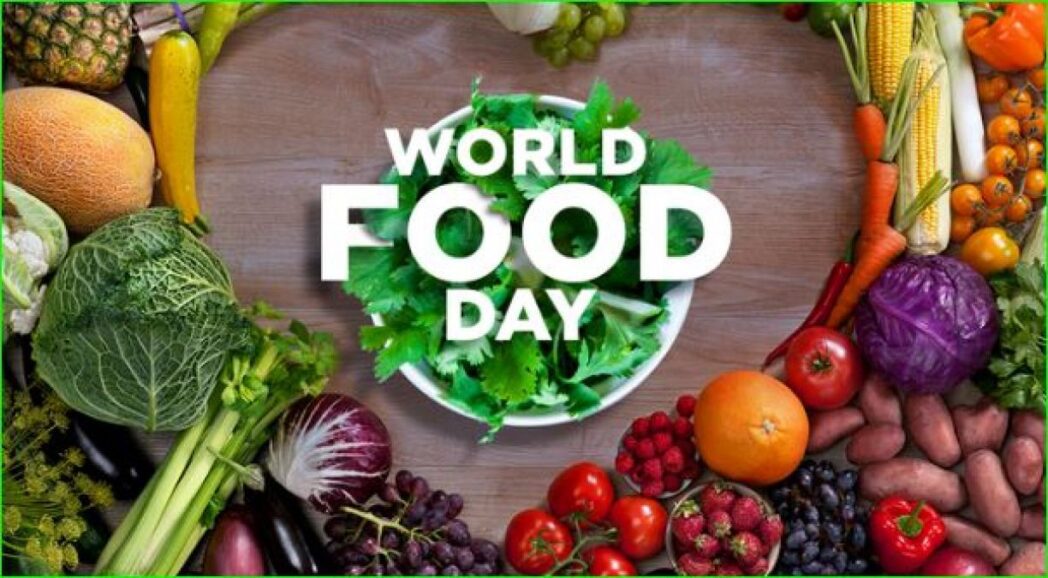


Celebrating World Food Day with hunger
World Food Day (WFD), celebrated on October 16th, was established by the Food and Agricultural Organisation (FAO) in 1979, coinciding with its founding on the same date in 1946. The day aims to raise awareness about the global fight against hunger.
Over 150 countries observe World Food Day annually, and the 2024 theme is “Right to Food for a Better Life and a Better Future.” However, one must ask: is Nigeria truly in a position to celebrate World Food Day, given the soaring costs of food and the overall high cost of living?
A recent sampling of food prices at exhibition centres during this year’s celebrations revealed alarming costs. For instance, a small bunch of plantains was priced at N10,000, while staples like palm oil, rice, and garri were unaffordable for many. This situation starkly contradicts the essence of World Food Day.
Even the exhibitors, many of whom are farmers, seemed to be grappling with hunger themselves. If farmers are struggling, what does this mean for the broader population?
The root causes of food scarcity and hunger are complex. Experts point to climate change, conflict, natural disasters, poverty, and ineffective governance. In Nigeria, specific challenges such as banditry, violence, and flooding have severely impacted food production, especially in regions like the North East, North West, and the Middle Belt.
Moreover, the rural-urban migration trend exacerbates the issue. With over 80 percent of energetic youth flocking to cities in search of better opportunities—often without skills to secure stable employment—they become vulnerable to crime and exploitation. This leaves elderly farmers behind, unable to cultivate their lands.
As we reflect on World Food Day this year, we should champion a “Back to Land” campaign. The insurgency in the North has terrorised farming communities, turning many into refugees. It’s essential to recognize that internally displaced persons (IDPs) cannot farm and produce food.
This situation calls for decisive action from Nigerian leadership, whose primary duty is to ensure the safety and well-being of citizens. Reports indicate that bandits now impose taxes on communities, often enforcing compliance through threats, further deepening the crisis of food insecurity.
To combat hunger and poverty, the government must prioritise security and create an environment conducive to agriculture. Engaging the unemployed youth in farming could significantly boost food production and economic stability.
Currently, while farmers in many Western nations thrive, the perception of farming in Nigeria remains negative, deterring potential agricultural engagement. With vast arable land, Nigeria has the potential to become a leading food producer.
World Food Day can hold true meaning when Nigerians have enough food on their tables. Achieving this vision is possible, but it requires collective effort and commitment. If we take the necessary steps, we can look forward to a more prosperous and food-secure 2025 World Food Day.



